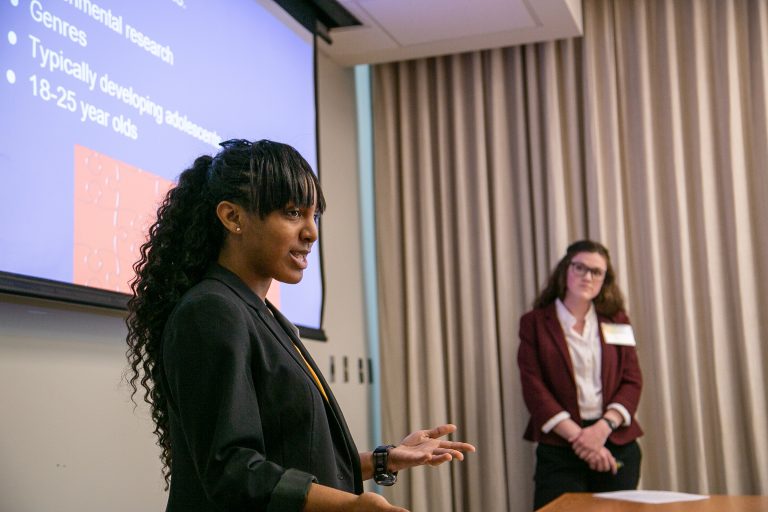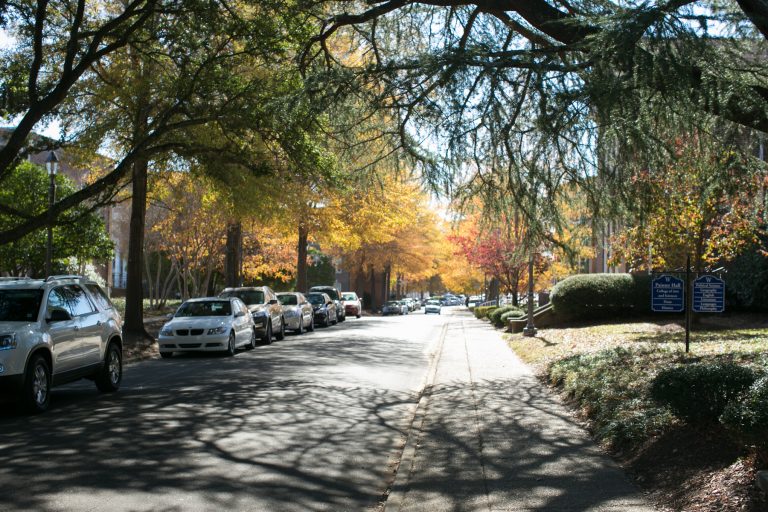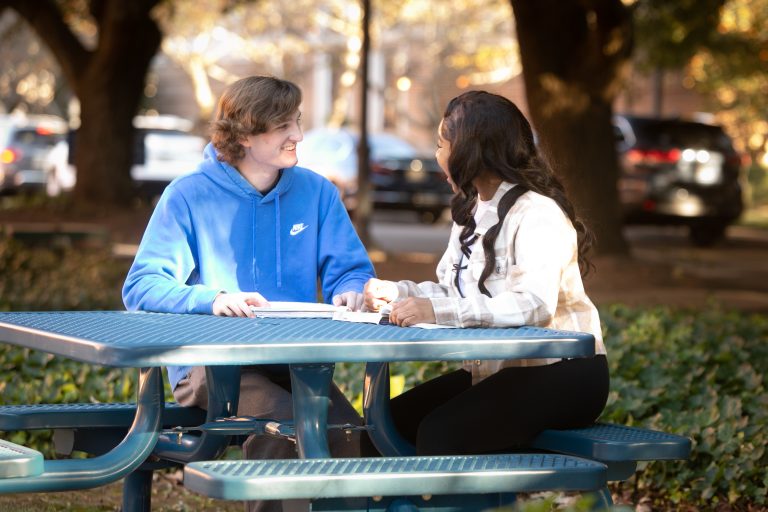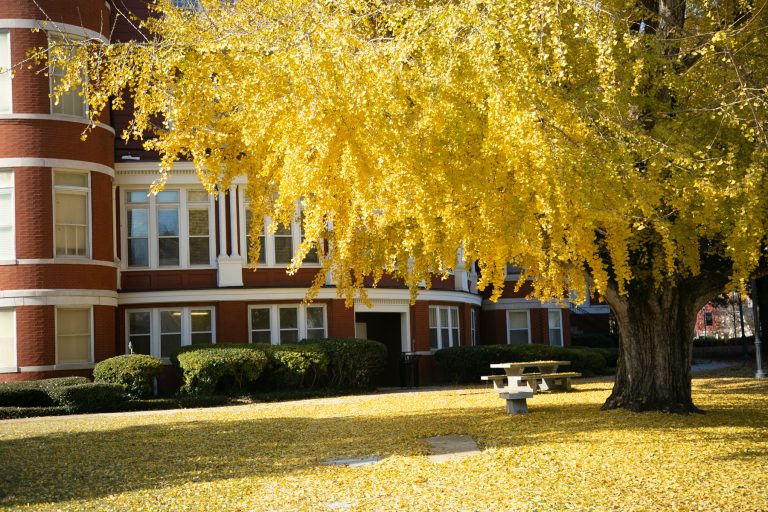Family Science
Family Science is a major based on social sciences that focuses on the study of families, couples, and communities. It takes a holistic approach to family life. Courses in Family Science include Family Resource Management, Human Growth & Development, Family Policy, Family/Parent Education, and research, theory, and practice. Students in this major learn about issues that families face in today's society, such as poverty, violence, and substance abuse. They also gain skills in communication, problem-solving, and conflict resolution that can help them work with families to create positive outcomes. Students also complete active learning simulations in class to learn how to work with individuals and families.
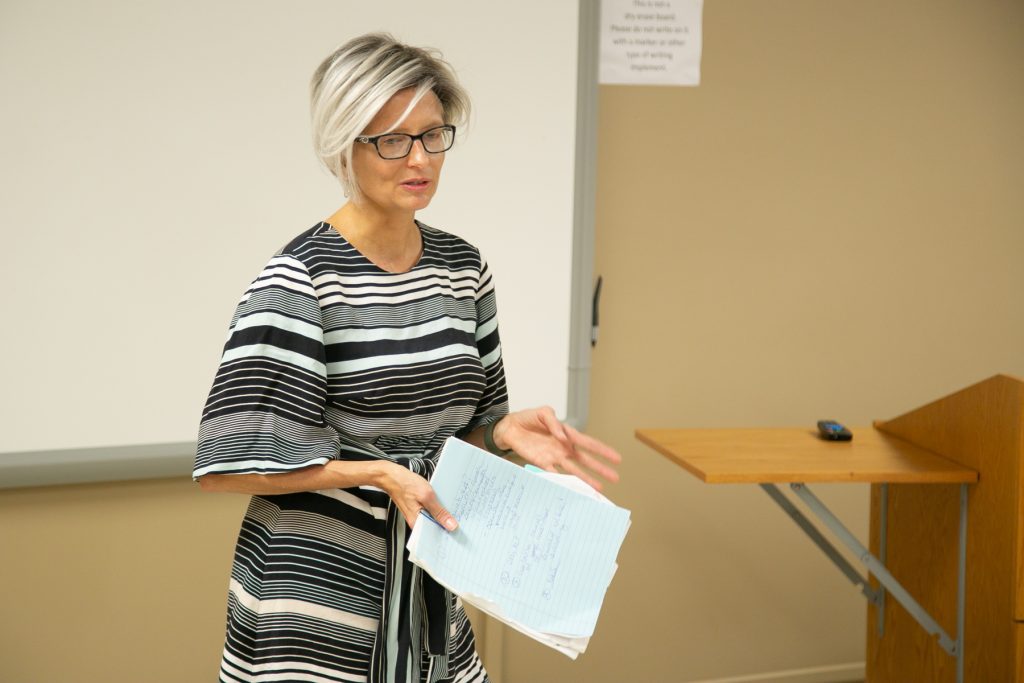
Science-based Understanding
As a discipline, Family Science is based on social sciences, which means you will take courses in research design, data analysis, and theory. This scientific background will help you understand how research, theory, and practice are related, and how you can apply this information to your work with families. You will also take courses in:
- Family Resource Management—how families manage time, energy, money, space, and helping them to manage these resources better.
- Human Growth and Development—changes and milestones that people go through as they age from womb to tomb; knowing what to expect as people get older allows us to help them prepare for such changes.
- Family Policy—developing policies and programs to help families with issues such as child care, child abuse, aging, and then analyzing how these policies and programs impact families.
- Family/Parent Education—preparation, presentation, and evaluation of educational programs designed to enhance quality of life for families and parents.
CFLE Certification
The coursework required by the W's Family Science major is approved by the NCFR (National Council on Family Relations) CFLE program for provisional certification. Family Science majors can become a provisional Certified Family Life Educator by completing their abbreviated application form during their final term at the W or within two years of graduation. This abbreviated application process allows graduates of approved programs to bypass the national standardized exam for CFLE certification. Graduates of approved programs have five years post-graduation to complete 3200 hours of practice to become fully certified CFLE’s.
Our Minors
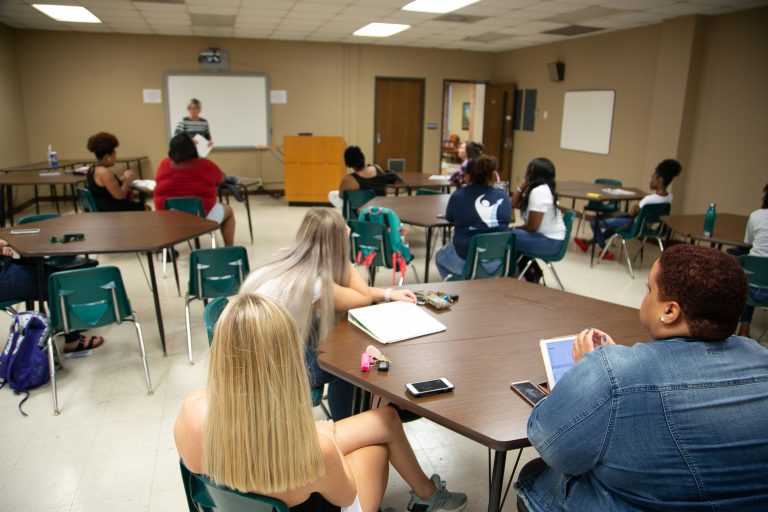

CAST Certification
The Child Advocacy Studies Training (CAST) program offers certificate courses for professionals who work in the field of child welfare and helps them gain the appropriate skills to identify, assess, manage & respond to cases of child abuse.
